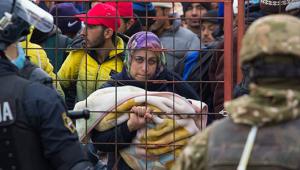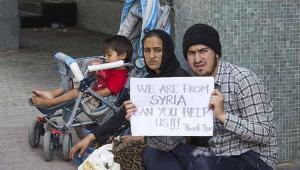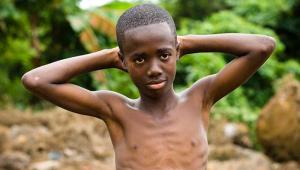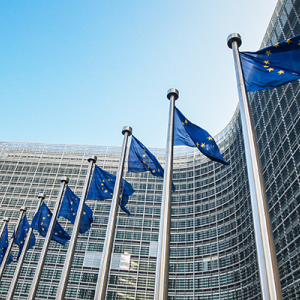web_refugeegirl_shutterstock_320357126.jpg
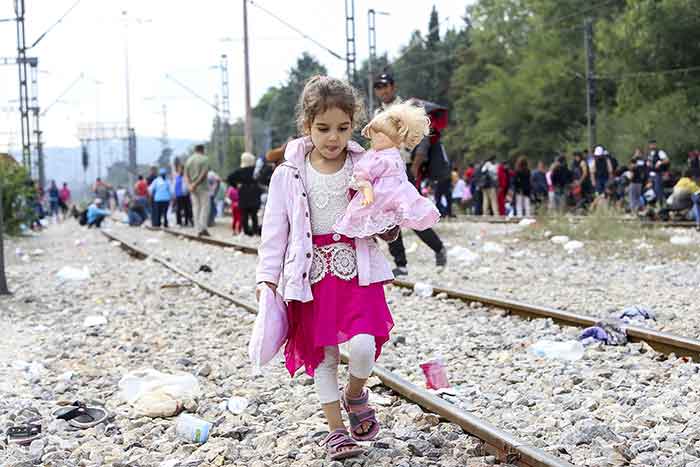
A young refugee walking in Europe
UNICEF spokeswoman Sarah Crowe called for greater steps to prevent exploitation and abuse of children and women, who now make up an increasing share of those seeking safety in Europe, yesterday. The rising number of unaccompanied youngsters in particular is a cause for concern.
Crowe stressed that effective guardianships programmes for children on the move are needed every step of the way, and said reports of children who are not fully accounted for in these systems are extremely worrying.
She said that those on the move on their own are mainly adolescents between 15 and 17 years old, coming primarily from Syria, Afghanistan and Iraq.
UNICEF also announced yesterday that 4 million Syrian and host community children are out of school, and said it would be seeking $1.4bn in conjunction with a number of partner agencies to save what it called this lost generation.
The figure includes 2.1 million children out of school inside Syria, and a further 0.7 million in Turkey, Lebanon, Jordan and Iraq.
“The scale of the crisis for children is growing all the time, which is why there are now such fears that Syria is losing a whole generation of its youth,” said Peter Salama, UNICEF’s regional director for the Middle East and North Africa.
UNICEF and a number of other UN agencies and aid groups have formed the “No Lost Generation Initiative”, which will be highlighting the region’s education crisis at the Syria Donor’s Conference in London on 4 February and appealing for the funds.
Salama said he hopes the conference will bring about “the step-change necessary to bring all children back to learning” and make the needed improvements education in the region.
UNICEF said governments at the London conference will also be urged to put more pressure on parties to the Syrian conflict and their supporters to end attacks on schools and other places of learning.
In Syria, the killing, abduction and arrest of students and arbitrary attacks on schools have become commonplace. Around one in four schools cannot be used because they have been damaged, destroyed or are being used as shelters for internally displaced persons or military purposes.
Parties to the Syrian conflict are currently in the process of tenuous, UN-mediated peace talks in Geneva. The UN special envoy for Syria, Staffan de Mistura, has been meeting both sides separately as there is currently not enough common ground for the two to meet face to face.
It is expected that de Mistura will invite Syrian women and civil society representatives to contribute to the talks.

